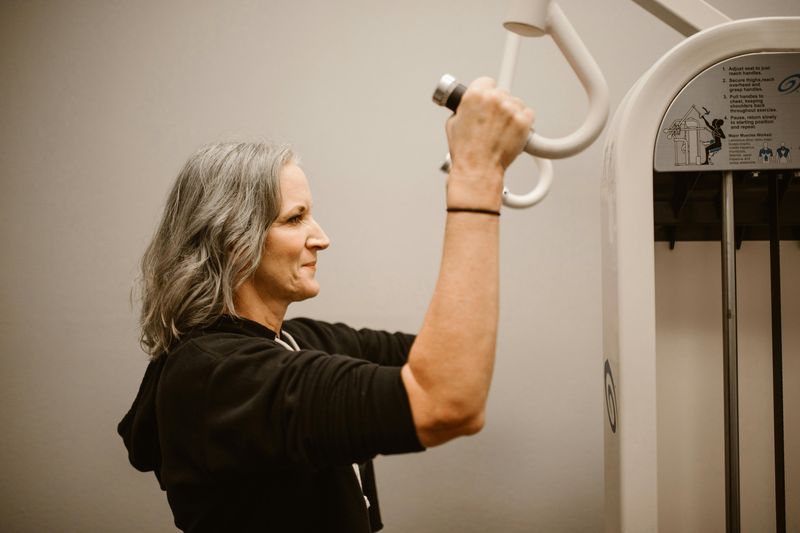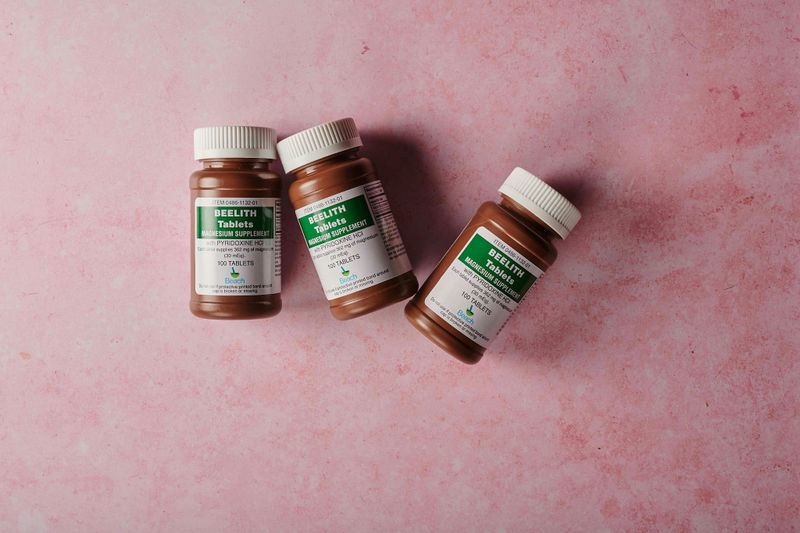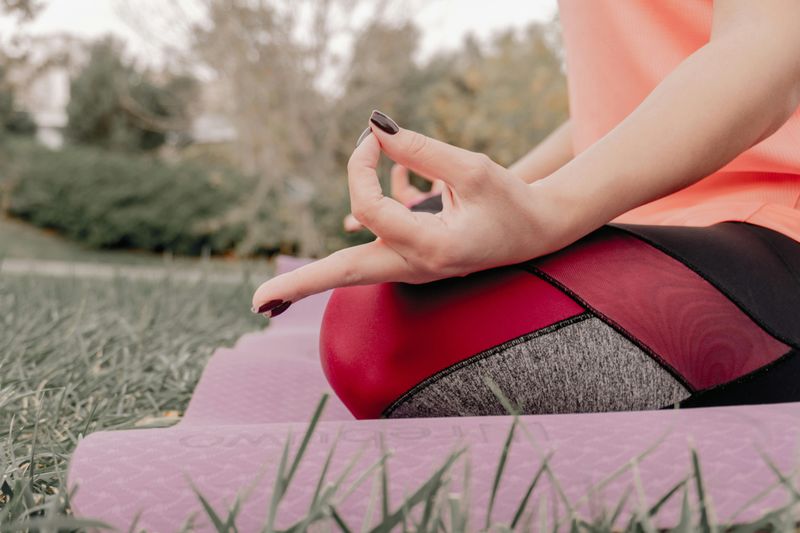10 Smart Changes Women Over 50 Can Make to Age Gracefully

Aging well isn’t about turning back the clock—it’s about maximizing your energy, confidence, and vitality now. With a few strategic lifestyle upgrades, you can build strength, protect your brain, and glow from the inside out. These changes are practical, science-backed, and designed to fit real life. Ready to feel stronger, clearer, and more joyful in your 50s and beyond? Let’s begin.
1. Prioritize Strength Training

After 50, strength training becomes a powerful ally for preserving muscle, bone density, and balance. Aim for two to three sessions weekly using bodyweight, resistance bands, or light-to-moderate weights. Focus on compound moves—squats, deadlifts, rows, and presses—to recruit multiple muscles and protect joints.
Start with shorter, well-structured routines and gradually progress load and volume. Add Pilates or functional training to reinforce core stability and posture.
Pair workouts with adequate protein and recovery for optimal results. Track your reps, sets, and form to celebrate progress. If new to lifting, consider a coach or class for safety and confidence. Consistency beats intensity—just keep showing up.
2. Focus on Protein-Rich Nutrition

Protein becomes even more crucial after 50 to preserve lean mass, stabilize energy, and aid recovery. Aim for 25–30 grams at each meal from lean meats, fish, eggs, Greek yogurt, tofu, tempeh, or legumes. Distribute intake evenly across the day to support muscle protein synthesis.
Combine protein with fiber-rich carbs and healthy fats for satiety and blood sugar control. Consider collagen or whey/plant-based protein if meeting targets is tough.
Plan snacks with purpose: cottage cheese, edamame, or a protein smoothie. Hydrate well to support digestion and metabolism. Read labels to avoid excess sugar and additives. Nourish consistently—your muscles, bones, and brain will thank you.
3. Stay Hydrated

Hydration supports brain function, energy, metabolism, and skin elasticity—yet thirst cues fade with age. Aim for six to eight glasses of water daily, adjusting for climate, activity, and medications. Front-load fluids earlier in the day to minimize nighttime bathroom trips.
Add hydrating foods like cucumbers, berries, citrus, soups, and leafy greens. Flavor water with lemon, mint, or berries to encourage consistency. Limit dehydrating choices such as sugary sodas and excessive alcohol. Herbal teas count, while electrolyte drinks can help after sweaty workouts.
Track intake with a marked bottle or hydration app. Notice improved digestion, fewer headaches, and brighter skin when you’re consistently hydrated.
4. Prioritize Sleep Quality

Deep, consistent sleep is a cornerstone of graceful aging, influencing hormones, mood, memory, and skin health. Aim for seven to eight hours nightly with a consistent sleep-wake schedule. Create a wind-down routine—gentle stretching, reading, or calming music—to cue relaxation.
Keep the room cool, dark, and quiet; consider blackout curtains and a white-noise machine. Limit caffeine after midday and avoid heavy meals or screens within two hours of bed. If restless, try magnesium glycinate or a short guided meditation.
Track patterns with a sleep journal. Persistent issues may warrant a sleep evaluation for apnea or restless legs. Protect sleep like a non-negotiable appointment.
5. Support Hormonal Balance

Hormonal fluctuations during and after menopause can influence mood, weight, sleep, and energy. Seek personalized guidance from a qualified clinician to explore lifestyle strategies, nutrition, and potential therapies.
Emphasize omega-3s, magnesium, and phytoestrogen-rich foods like flaxseed, soy, and legumes. Strength training and stress reduction also support insulin sensitivity and cortisol balance. Track symptoms—hot flashes, sleep shifts, mood changes—to identify patterns.
Discuss risks and benefits of HRT or non-hormonal options if appropriate. Support liver health with hydration, fiber, and minimal alcohol. Prioritize protein and balanced meals to stabilize blood sugar. An informed, proactive approach can make this transition steadier and more empowering.
6. Protect Skin from the Inside Out

Beautiful, resilient skin starts with protection and nourishment. Apply a broad-spectrum SPF 30+ daily, even on cloudy days, and reapply during sun exposure. Support collagen with vitamin C serums and consider retinol or bakuchiol at night to encourage renewal.
Hydrate inside and out with water, ceramide-rich moisturizers, and omega-3s from fish or flax. Eat antioxidants—berries, tomatoes, and leafy greens—to combat oxidative stress. Gentle exfoliation boosts glow; avoid harsh scrubs that damage the barrier.
Prioritize sleep and stress control to reduce inflammation. Schedule annual skin checks and adapt routines with seasonal changes. Consistency compounds—small daily steps create luminous long-term results.
7. Strengthen Mental Fitness

Keep your brain sharp by challenging it regularly and joyfully. Learn a language, master a musical instrument, or explore a new hobby to build neural connections. Rotate cognitive activities—puzzles, strategy games, and memory exercises—to engage different regions.
Combine learning with social interaction through classes or clubs; connection is linked to cognitive resilience. Move your body daily—cardio and strength training improve blood flow and neuroplasticity. Prioritize quality sleep and nutrient-dense meals for brain health.
Track progress to stay motivated. Volunteer or mentor to add purpose and problem-solving. Small, consistent mental workouts today mean sharper thinking and richer experiences for years.
8. Manage Stress Mindfully

Chronic stress accelerates aging by disrupting sleep, hormones, and immunity. Build a daily stress toolkit that includes breathwork, mindfulness, or gentle yoga—even ten minutes counts. Try a 4-7-8 breathing pattern, progressive muscle relaxation, or a short guided meditation.
Schedule micro-breaks between tasks to reset your nervous system. Nature time, gratitude journaling, and music therapy also reduce cortisol. Limit doom-scrolling and define boundaries around work and caregiving. Pair stress reduction with regular movement and nourishing meals for compounded benefits.
If anxiety persists, consider therapy or group support. Consistency helps you respond rather than react, protecting health and joy long-term.
9. Prioritize Gut Health

A thriving gut supports immunity, energy, mood, and hormone metabolism. Feed it daily with fiber from vegetables, fruits, legumes, and whole grains, aiming for 25–35 grams. Include fermented foods—yogurt, kefir, sauerkraut, kimchi—to diversify microbes.
Hydration and movement aid regularity and reduce bloating. Limit ultra-processed foods, excess sugar, and alcohol, which disrupt gut balance.
Consider a targeted probiotic or prebiotic fiber if needed; track symptoms to assess response. Chew thoroughly and eat mindfully to support digestion. Address reflux or IBS with a clinician’s guidance. A well-nourished microbiome is a quiet engine powering graceful aging from within.
10. Nurture Joy and Purpose

Emotional well-being is a powerful longevity lever. Cultivate daily joy with gratitude, creativity, and relationships that energize you. Join communities—clubs, volunteer groups, or faith circles—to strengthen belonging and purpose.
Schedule meaningful activities like gardening, dancing, or causes you care about. Protect your calendar from draining obligations; say yes to what aligns with values. Practice self-compassion and celebrate milestones, big or small. Consider therapy or coaching during transitions for added clarity.
Purpose-driven living buffers stress, supports healthy habits, and may even slow biological aging. Choose what lights you up—and do more of it, regularly.

Comments
Loading…